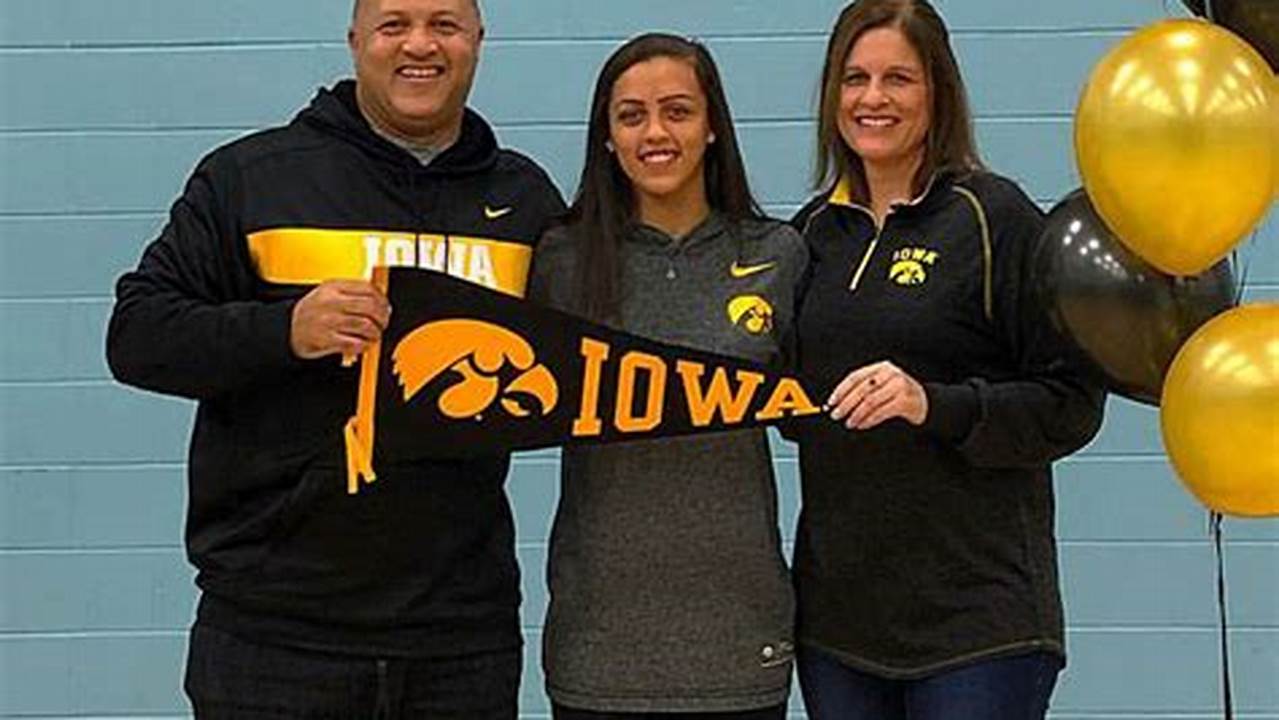The subject of a star athlete’s upbringing is often a source of fascination, offering potential insights into the development of exceptional talent. Examining the parental roles in nurturing athletic prowess provides valuable lessons for aspiring athletes, their families, and coaches alike. This exploration delves into the significant influence parents can have on their child’s athletic journey, using the example of basketball player Gabbie Marshall as a focal point.
Parental Support and Encouragement
A supportive and encouraging environment is crucial for an athlete’s development. This includes emotional support, positive reinforcement, and celebrating both successes and efforts.
Emphasis on Education and Character Development
While athletic pursuits are important, parents who prioritize education and character development create a well-rounded foundation for their children’s future.
Fostering a Love for the Sport
Nurturing genuine passion for the sport is key. Pressure and excessive expectations can stifle enjoyment and hinder long-term commitment.
Providing Opportunities and Resources
Access to quality coaching, training facilities, and competitive opportunities plays a significant role in an athlete’s growth.
Balancing Athletic Pursuits with Other Activities
Encouraging participation in diverse activities allows athletes to develop a broader range of skills and interests.
Teaching Discipline and Time Management
The demanding schedule of a student-athlete requires strong organizational skills and the ability to prioritize tasks effectively.
Instilling Resilience and a Growth Mindset
Setbacks and challenges are inevitable. Parents who teach resilience and a growth mindset equip their children to navigate these difficulties and learn from them.
Building Strong Communication and Trust
Open communication and a strong parent-child relationship create a safe space for athletes to share their experiences and seek guidance.
Respecting the Athlete’s Individuality
Recognizing and respecting the athlete’s unique strengths, weaknesses, and aspirations is essential for their personal and athletic growth.
Leading by Example
Parents who model healthy habits, dedication, and sportsmanship provide a powerful example for their children to emulate.
Tips for Parents of Aspiring Athletes
Prioritize open communication. Regularly discuss goals, challenges, and overall well-being with your child.
Encourage a balanced lifestyle. Ensure your child has time for academics, social activities, and rest alongside their athletic pursuits.
Focus on the process, not just the outcome. Celebrate effort, improvement, and sportsmanship over wins and losses.
Be a supportive presence, not a coach. Trust the expertise of coaches and trainers, and focus on providing emotional support and encouragement.
Frequently Asked Questions
How can parents help their child cope with the pressure of competitive sports?
Encourage open communication, teach stress-management techniques, and emphasize the importance of enjoying the sport.
What role should parents play in their child’s athletic training?
Parents should provide logistical support, encourage healthy habits, and ensure their child has access to appropriate training resources. Avoid interfering with coaching decisions.
How can parents support their child if they decide to discontinue a sport?
Be understanding and supportive of their decision. Encourage them to explore other interests and activities.
How can parents help their child balance academics and athletics?
Help them develop strong time-management skills, prioritize tasks, and communicate with teachers and coaches to ensure a balanced schedule.
What if my child is not naturally gifted in sports, but enjoys playing?
Encourage their enjoyment and participation. Focus on skill development, teamwork, and the benefits of physical activity, rather than solely on competitive success.
How do I handle my child experiencing disappointment in sports?
Validate their feelings, help them learn from the experience, and reinforce the importance of resilience and perseverance.
In conclusion, parents play a vital role in shaping the trajectory of a young athlete’s career. By creating a supportive environment, emphasizing holistic development, and fostering a genuine love for the sport, parents can empower their children to achieve their full potential, both on and off the field. While Gabbie Marshall’s specific journey is unique, the principles of nurturing talent and fostering a positive athletic experience remain universally applicable.


